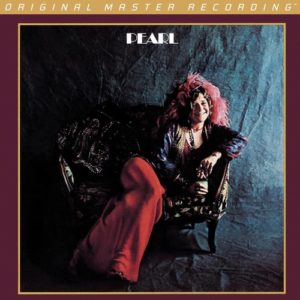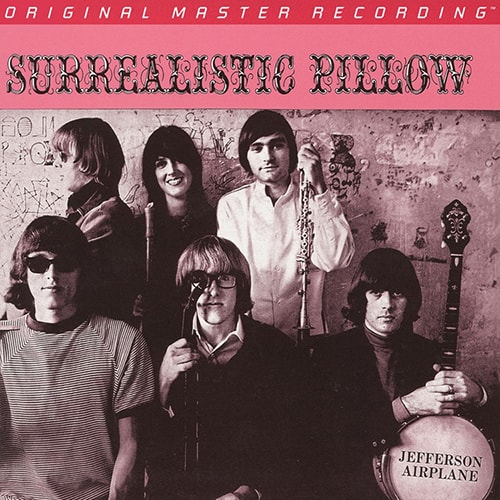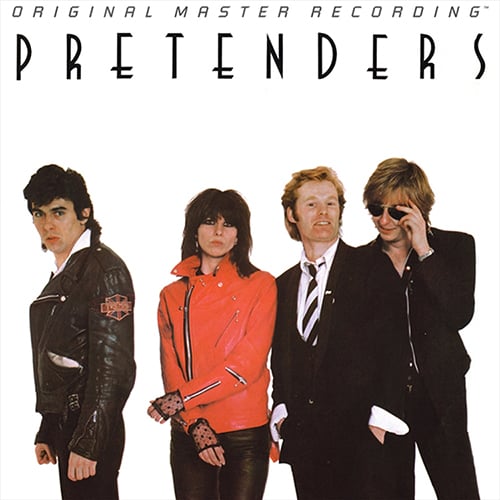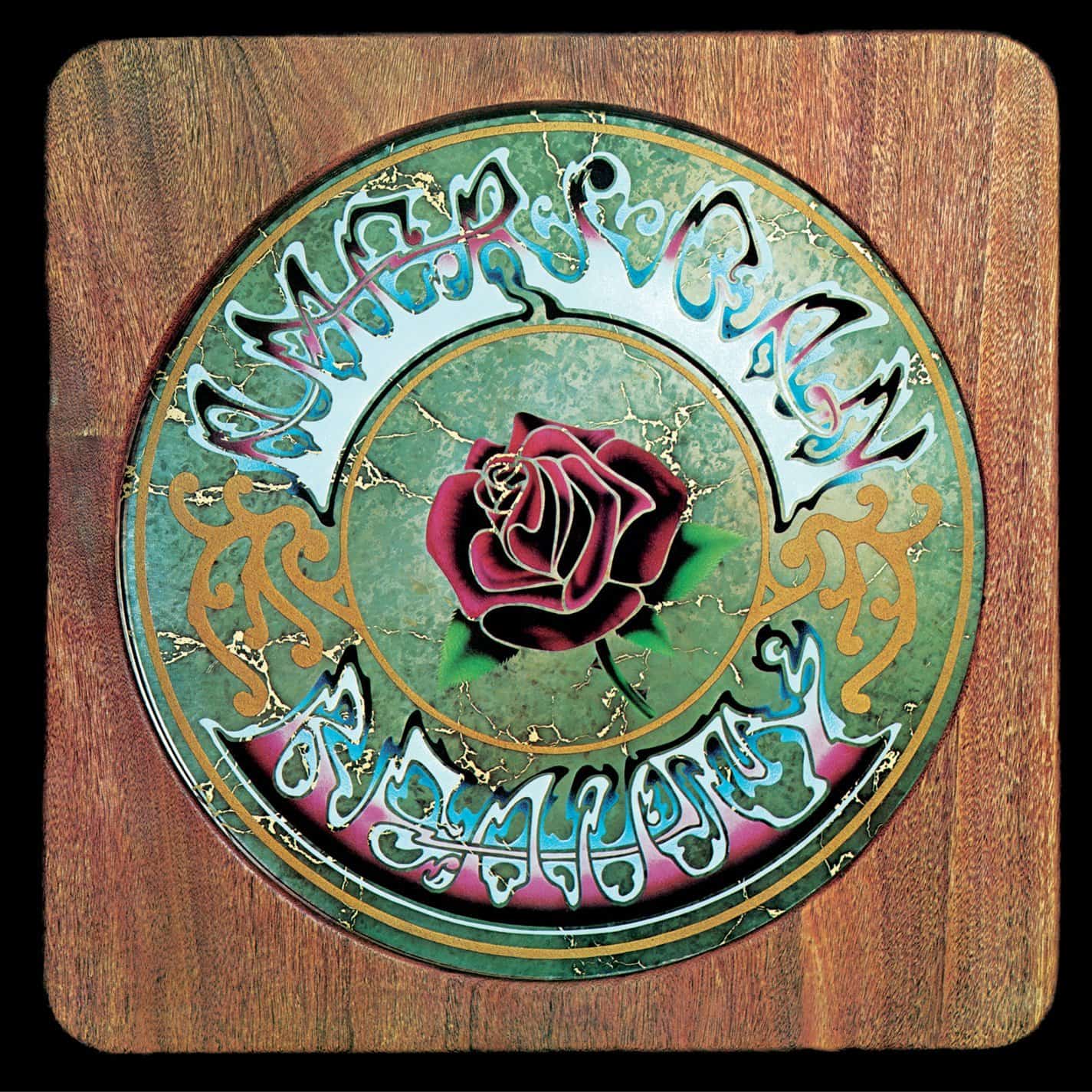Marketplace
2015 Mobile-Fidelity Sound Lab PRESSING
- Catalog Number MFSL 2-454
- Release Year 2015
- Vinyl Mastering Engineer Krieg Wunderlich and Rob LoVerde
- Pressing Weight 180g
- # of Disks 2
- Jacket Style Gatefold
- 100% Analog Mastering Yes
- Pressing Plant RTI
One of my favorite hikes is through Baltimore Canyon in Marin County, California. It wends its way past the house in Larkspur where Janis Joplin spent the last part of her short 27-year life. Another favorite is hiking the Dipsea and Steep Ravine trails to Stinson Beach, where Joplin’s ashes were spread. Although I grew up in the Detroit area steeped in the 1960s Motown sound, the outsized personas of Joplin and Grace Slick drew me west in the early 1970s when the force of the San Francisco sound remained strong. Such magnetism lives on in Joplin’s four albums, the last of which, Pearl, was released three months after her tragic overdose death.
Of her works, Pearl and Cheap Thrills stand as masterpieces. Both are flawed in some respects, but the blemishes only serve to make you wonder “what if?” Some prefer Joplin accompanied by Big Brother. Others enjoy the more stripped-down sound of the Full Tilt Boogie Band on Pearl, on which Joplin’s vocals are showcased as never before. “Me and Bobby McGee” and “Mercedes Benz” resonate as unparalleled rock anthems—as timeless as anything created by the Beatles, Rolling Stones, or Led Zeppelin.
Recorded at the legendary Sunset Sound Recorders in Hollywood, Pearl could have sounded as legendary as the music. After all, Pet Sounds and other better-sounding albums came out of that facility. It served as Bruce Botnick’s studio, fitted with a custom tube console and echo chamber. Botnick defined a certain type of rock sound there with the Doors. Yet Pearl was made with engineer Phil Macy, who had been around for a decade but mostly handled acts like Andy Williams, Johnny Mathis, and Jim Nabors. For whatever reason, the extra dose of recording magic evades Pearl, which lacks the sonics present on efforts from the Doors, Beach Boys, and other iconic acts. Add to the less-than-ideal recording the changes that occurred at Columbia in the early 1970s—its mastering facility switched from tube to solid-state consoles and its pressing plants went to thinner vinyl pressings—and you’ll understand why great-sounding Columbia LPs became few and far between.
An original pressing of Pearl sounds good, not great, but Mobile Fidelity’s 45RPM set cleans it up a bit, adding stage width and a warmer feel. Dynamics receive a boost and you get a better sense that Joplin is in the room with you. Still, don’t try to turn up the sound too much, or things will get a little harsh. I searched for years to find a good-sounding pressing of Pearl, even shelling out for a “hot stamper” copy to wring the most feeling from Joplin’s lyrics. Mobile Fidelity’s version now takes pride of place. “That’s it!” (Joplin’s cackling laugh fades to black.)
Pearl


 4.5
4.5


